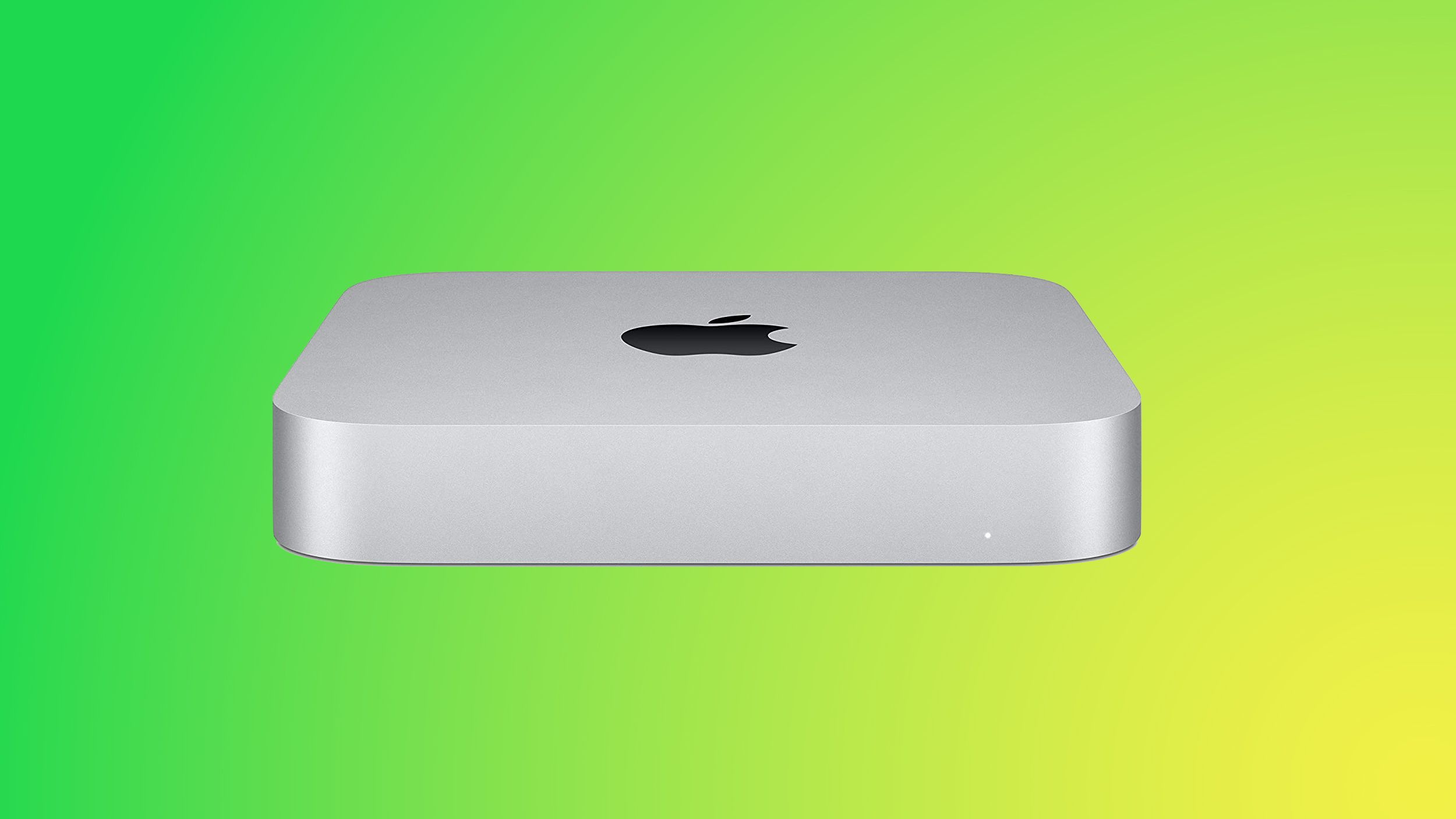O Futuro dos Materiais Manufatura com IA pela Orbital Materials.
Materiais Orbitais, uma startup que utiliza a GenAI para a descoberta de novos materiais físicos, garantiu uma recente rodada de financiamento de capital de risco.
“`html
Startup using AI to find new materials. | ENBLE
While the world is captivated by AI that can generate text, images, and movies, Orbital Materials, a startup led by former DeepMind senior researcher Jonathan Godwin, is revolutionizing the manufacturing of physical materials. Using GenAI technology, their AI-powered platform is discovering new materials for a wide range of applications, from batteries to carbon dioxide-capturing cells.
Inspiration struck Godwin when he witnessed how the underlying techniques of AI systems like AlphaFold, which predicts a protein’s 3D structure from its amino acid sequence, could be applied to the field of materials science. Traditional methods of material discovery have historically relied on time-consuming trial and error processes in the lab. Godwin saw an opportunity to bring together AI experts and materials scientists to accelerate the transition of materials from the computer into the real world.
Crafting a new material is a complex and non-intuitive process. Achieving desired properties, such as lightweightness and rigidity, requires identifying the corresponding physical and chemical structures and determining the optimal processes to create them. Additionally, the material needs to undergo stress-testing under various conditions to ensure it meets its intended application requirements.
Although AI cannot completely replace real-world experimentation, it can significantly accelerate the materials design process by leveraging computations to map out which properties and processes are likely to yield the desired materials. This time-saving aspect has a profound impact on the technical decision-makers at chemistry and materials companies who face the challenge of meeting the growing demand for new advanced materials that drive the electrification and decarbonization of our economies.
- Por que buscar a perfeição não vale a pena O Caso da Captura Direta...
- 2022 Hadrian – A Fábrica dos Superpoderes da Automação ✨🏭💪
- A Havenly adquiriu The Citizenry Uma combinação perfeita para suas ...
Orbital Materials is not the first to apply AI to materials research and development. Osmium AI, backed by Y Combinator, enables industrial customers to predict the physical properties of new materials and optimize them using AI. Various academic papers have proposed using AI in conjunction with vast databases of molecules to accelerate material design workflows. DeepMind itself has also ventured into AI-originated materials, announcing the discovery of millions of crystals with potential commercial applications.
What sets Orbital Materials apart is its proprietary AI model for materials science, named Linus. Inspired by the success of large language models like AlphaFold, Linus is trained on a diverse dataset of simulations and materials, ranging from batteries to organic molecules. Using natural language instructions, scientists can input their criteria, and Linus generates a 3D molecular structure that fulfills those requirements. It refines the structure iteratively until it finds the best fit.
As with any GenAI, Linus is not perfect, occasionally generating materials that are physically impossible to manufacture. However, Orbital Materials has successfully developed at least one material using Linus: a cost-effective and reliable filter for capturing carbon dioxide from the air. More details about their breakthroughs will be announced soon.
Unlike other companies, Orbital Materials does not aim to manufacture the materials themselves. Instead, they focus on bringing materials to the proof of concept or pilot demonstration phase and then seek manufacturing partners to further develop them. To support their mission, Orbital recently secured $16 million in a Series A funding round, raising their total funding to approximately $21 million. This capital injection will be used to expand their data science and wet lab teams.
Just as AlphaFold is expediting the discovery and commercialization of new drugs, Orbital Materials’ technology is revolutionizing the design and commercialization of advanced materials at an unprecedented speed. The future of manufacturing is undergoing a transformation, driven by the power of AI and the groundbreaking work of companies like Orbital Materials.
🔍 Q&A: What Readers Want to Know
Q: How does AI assist in materials research and development?
A: AI plays a crucial role in materials research and development by leveraging computations to map out which properties and processes might lead to desired materials. By accelerating the design process, AI saves time and reduces costs for companies that demand new advanced materials to meet the growing needs of electrification and decarbonization.
Q: How accurate is Orbital Materials’ AI model, Linus, in generating materials?
A: Linus, Orbital Materials’ AI model, is an impressive tool for material design. It allows scientists to input natural language instructions for desired properties, and the system generates a 3D molecular structure that satisfies those criteria. While Linus is not perfect and occasionally generates physically impossible materials, its successes include the creation of a cost-effective and reliable filter to capture carbon dioxide from the air.
Q: How does Orbital Materials differ from other AI-powered materials companies?
“““html
A: O que diferencia os Materiais Orbitais é seu modelo de IA proprietário para ciência de materiais, Linus. Inspirado pelo sucesso de grandes modelos de linguagem como o AlphaFold, Linus é treinado em um conjunto diversificado de simulações e materiais, permitindo que ele gere estruturas com precisão que atendam a critérios específicos. Ao contrário de outras empresas, os Materiais Orbitais focam em levar os materiais à fase de demonstração de conceito ou piloto e buscam parceiros de fabricação externos para desenvolver e comercializar ainda mais esses materiais.
Q: Quais são as implicações do design de materiais alimentado por IA para o futuro?
A: O design de materiais impulsionado por IA tem um enorme potencial para transformar os processos de fabricação. Ao utilizar a IA para acelerar a descoberta e o design de materiais, podemos esperar um desenvolvimento mais rápido e eficiente de materiais avançados que atendam às demandas de nossas sociedades em constante evolução. Essa tecnologia abre possibilidades para a criação de produtos inovadores, aprimorando esforços de sustentabilidade e revolucionando várias indústrias, desde eletrônicos até saúde.
🌐 Links Relacionados
- Materiais Orbitais: O Maior Fator de Mudança na Fabricação
- AlphaFold: Desbloqueando o Poder da IA na Previsão da Estrutura de Proteínas
- Osmium AI: Previsão de Propriedades Físicas de Novos Materiais
- Acelerando Fluxos de Trabalho de Design de Materiais Através da IA
- DeepMind: Descobrindo Milhões de Cristais com IA
- O Papel da IA em Capacitar a Descoberta de Novos Medicamentos
Então, vamos abraçar o futuro da fabricação de materiais, impulsionado pela IA! Compartilhe este artigo com seus colegas entusiastas de tecnologia e vamos discutir os desenvolvimentos emocionantes que estão acontecendo no mundo da ciência de materiais.
👇 Quais são seus pensamentos sobre o design de materiais alimentado por IA? Você já encontrou outras aplicações fascinantes de IA na indústria de tecnologia? Compartilhe suas ideias nos comentários abaixo! 👇
“`






